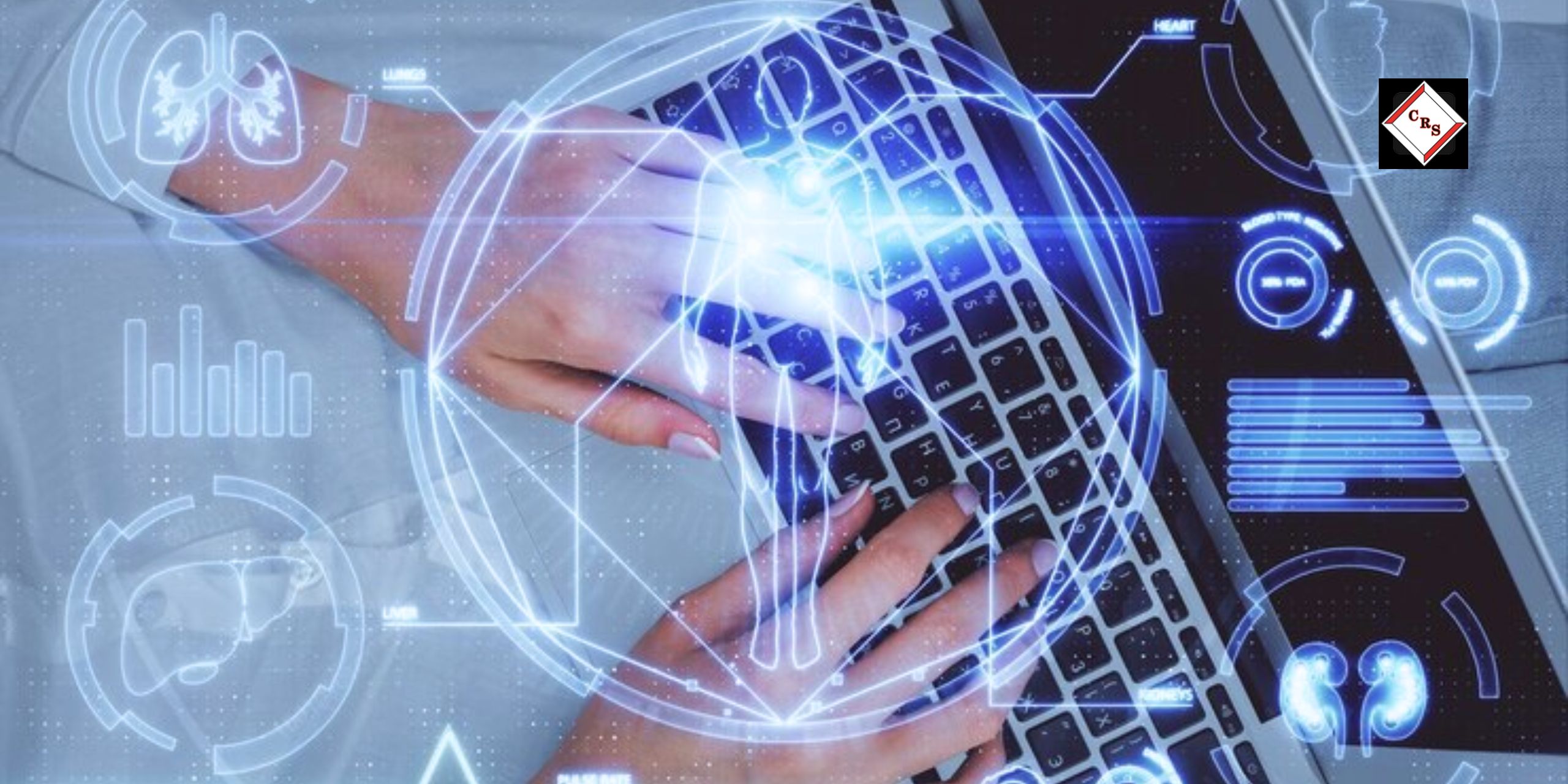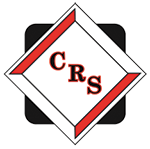In the healthcare world, particularly in fields such as cardiology, managing patient data and maintaining high-quality care can be pretty complicated. Managing all that information is tough, and it is important for healthcare providers to have the right tools to ensure accuracy and efficiency. Many healthcare facilities are now using remote registry services to make the entire process much simpler. The services monitor important patient data for hospitals and clinics without having to collect and process all the data in-house.
This blog will discuss the top benefits of remote registry services for healthcare providers. More specifically, we will focus on cardiologists. We will explain remote data abstraction, explaining why it improves patient care and becomes an efficient operation to outsource to experts.

What Are Remote Registry Services?
Remote registry services involve the process of collecting and managing patient data through various health registries-ideal databases, which store data about specific conditions or procedures instance, cardiac procedures or treatments for cancer. In such registries, data is used for patient outcome monitoring, quality improvement in healthcare delivery, and fulfillment of regulatory requirements.
A remote data abstractor is an individual who extracts patient data from patient records to submit to these registries. This can be done remotely without the healthcare providers having to hire in-house staff for such a job. The experts will handle the data with accuracy and efficiency.
Advantages of Remote Registry Services for Healthcare Providers
1. Cost Savings
A clear significant advantage of using remote registry services is the cost savings. Traditional data management requires the employment of full-time staff, training, purchase of equipment, and office space maintenance by healthcare providers. However, by outsourcing this work to remote data abstractors, hospitals and clinics can hugely reduce these expenses.
With Cardiac Registry Support, for instance, hospitals can train and hire fewer staff because the services are flexible and scalable. It allows providers to get precisely what they need without overspending. This is also one way how hospitals save resources, which can be allocated to patient care instead of spending heavily on administrative tasks.
2. Enhanced Precision and Competence
Acquiring accurate registry data requires immense accuracy. Errors in data collection or submission may lead to compliance, reporting, and, subsequently, patient care problems. Remote data abstractors are professionals trained in handling health care information who are conversant with the needs of different registries.
This means that the data in the care of healthcare providers will be in safe hands, as remote registry services use the services of abstractors who have good expertise in information extraction from patient records and submitting that correctly. Cardiac Registry Support has experts who understand all the major registries like ACC/NCDR Registries and STS Registries. Such professional guidance ensures that healthcare providers get on track with managing their data while being well within any benchmarks.
3. Flexibility to Suit Your Needs
Healthcare facilities vary in shape, size, and data needs. Some may require only project support, while others need this service to be ongoing. Remote registry services can accommodate flexibility by tailoring the service to fit each healthcare provider’s unique needs.
For example, Cardiac Registry Support can offer short-term and ongoing support. Whether the healthcare facility needs temporary support, such as staffing while a member of staff is out on leave or full-time, long-term data abstracting, remote services can scale up or down to match these requirements. Thus, healthcare providers are able to manage their data with minimal hassle about long-term commitments.
4. Faster Turnaround Times
In healthcare, time is crucial. Delays in submitting data to registries can affect patient care, regulatory compliance, and overall operational efficiency. Remote data abstraction services can help speed up this process by handling it remotely and more efficiently.
The hiring of remote data abstractors for health providers can ensure that data is processed and submitted on time. For instance, with abstractors at Cardiac Registry Support, data is drawn out of patient records quickly and accurately, with less time spent on the entry and more time spent with the patient. This helps healthcare providers stay on schedule, so they do not have a delay in reporting.
5. Compliance and Regulatory Reporting
Healthcare providers must comply with a significant number of regulations and reporting requirements. For instance, hospitals must report data to various registries, among them NCDR or the STS™ Registries, to ensure that care is provided as it should be. These registries use data for quality control and reporting, which can also feed into compliance reporting.
Outsourcing to remote registry services: Healthcare providers can outsource their data to remote registry services to ensure it is updated and compliant with industry standards. Cardiac Registry Support helps facilities track metrics, submit reports on time, and stay compliant with all regulations. This reduces the risk of fines or penalties and allows healthcare providers to focus on providing the best care to their patients.
6. Data Monitoring for Quality Improvement
Healthcare revolves around providing better care and outcomes for patients. Remote registry support services facilitate this by monitoring important data points that are crucial to a patient’s health. An example of this is Cardiac Registry Support, which monitors events after a procedure, medication use, and mortality rates in patients, thus prompting healthcare providers to act fast if there is something out of place.
Monitoring data ensures that any problem can be caught early on, adjusted into the strategy by healthcare providers, and thus improved care.
The remote services can be tailored to be of most importance on metrics of interest to every facility so that providers can better maintain high standards of care while improving their operations over time.
7. Smoother Integration with Existing Systems
Perhaps one of the concerns that healthcare providers have about offering remote services is whether these services will fit into their current workflows. The good news is that remote registry services are designed to integrate pretty seamlessly with most healthcare systems, even Electronic Health Records and clinical software.
At Cardiac Registry Support, the team works directly with healthcare providers to ensure that extracted data are successfully transferred and merged into the provider’s system without interrupting day-to-day activity. Thus, healthcare staff are free to focus on their core responsibility: patient care.
8. Improved Data Security
Patient data security is a top priority in healthcare. Sensitive health information must be protected at all costs. Remote data abstraction services ensure that data is handled securely by using secure technologies and protocols.
Cardiac Registry Support adheres to strict security measures, such as encrypted communications and secure access through VPN over information. Outsourcing to experienced professionals gives healthcare providers the peace of mind of knowing that patient data is secure in other people’s hands.
9. Scalable Services to Meet Growing Demands
The more health institutions expand, the greater the data requirement. A small clinic or hospital might only require minimal data management, but with bigger institutions or more patients, the services may become more extensive. Remote registry services are scalable because they can grow with a healthcare provider’s increasing requirements.
Whether the busy season is around the corner or new registries need to be tracked, remote data abstraction services can be maximized to meet these needs. This is flexible enough to ensure that the healthcare provider always meets the “right level of support,” considering the changes in their operations.
Conclusion
Remote registry services offer healthcare providers a way to streamline data management, reduce costs, and improve patient outcomes. By outsourcing tasks like data abstraction to trained professionals, healthcare providers can save time, ensure accuracy, and stay compliant with industry standards.
Experienced Registry Support Partner Helping you take care of your patients better, Cardiac Registry Support is one of the leading providers of these services, delivering flexible, accurate, and secure solutions for healthcare providers to concentrate on what truly matters care of patients. Contact Cardiac Registry Support for a reliable partner to help you manage your data, improve quality care, and simplify reporting.


